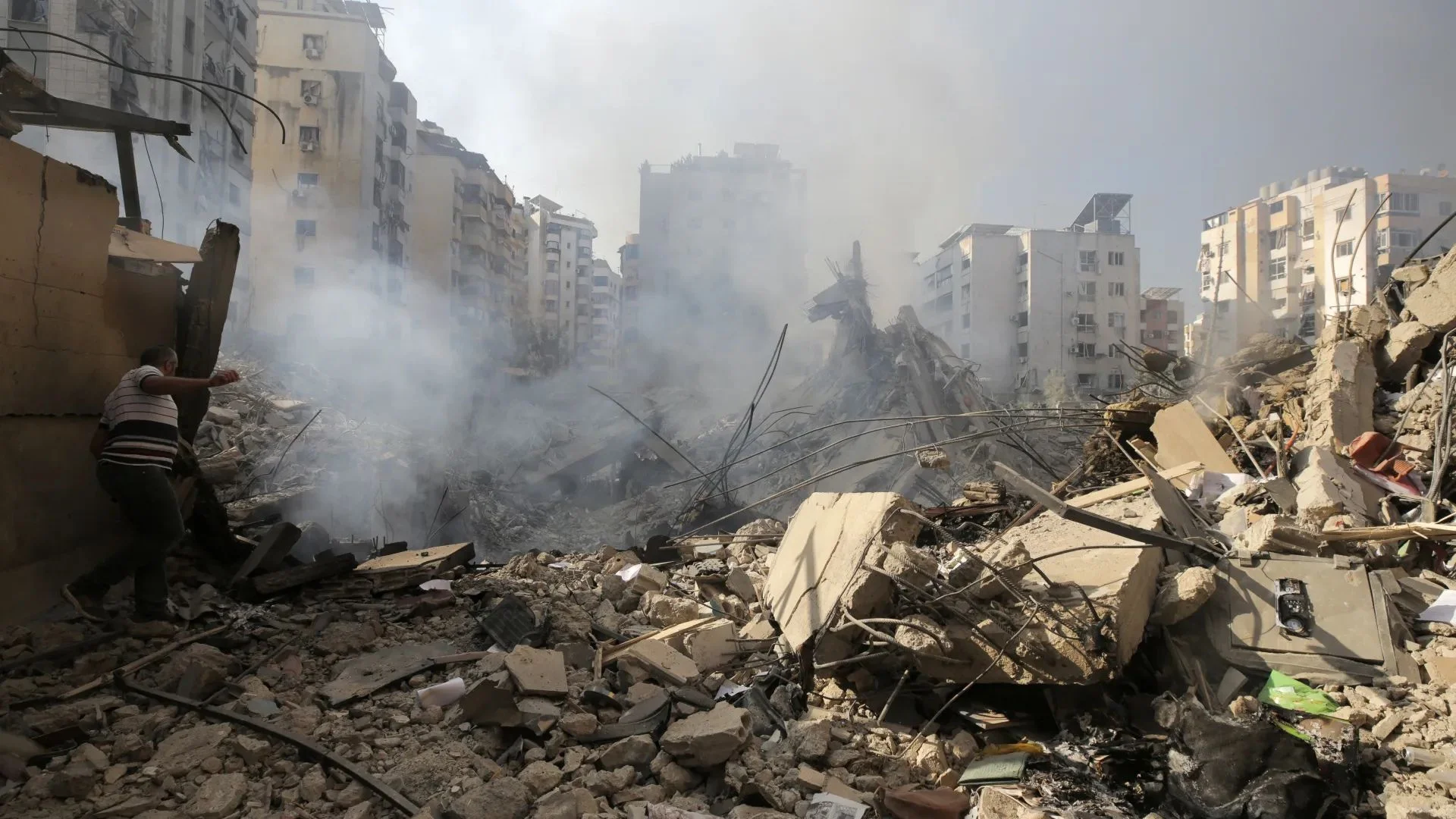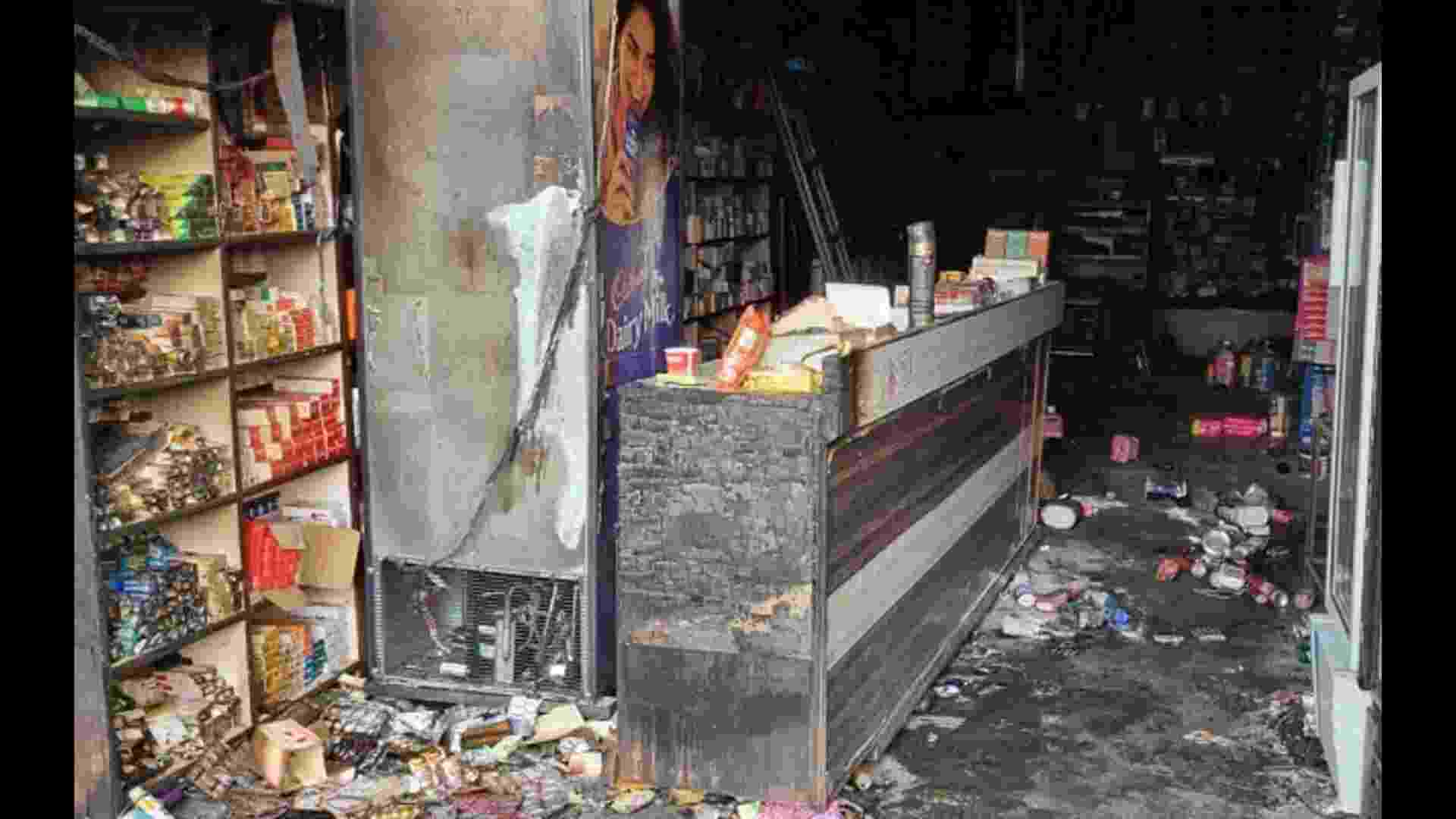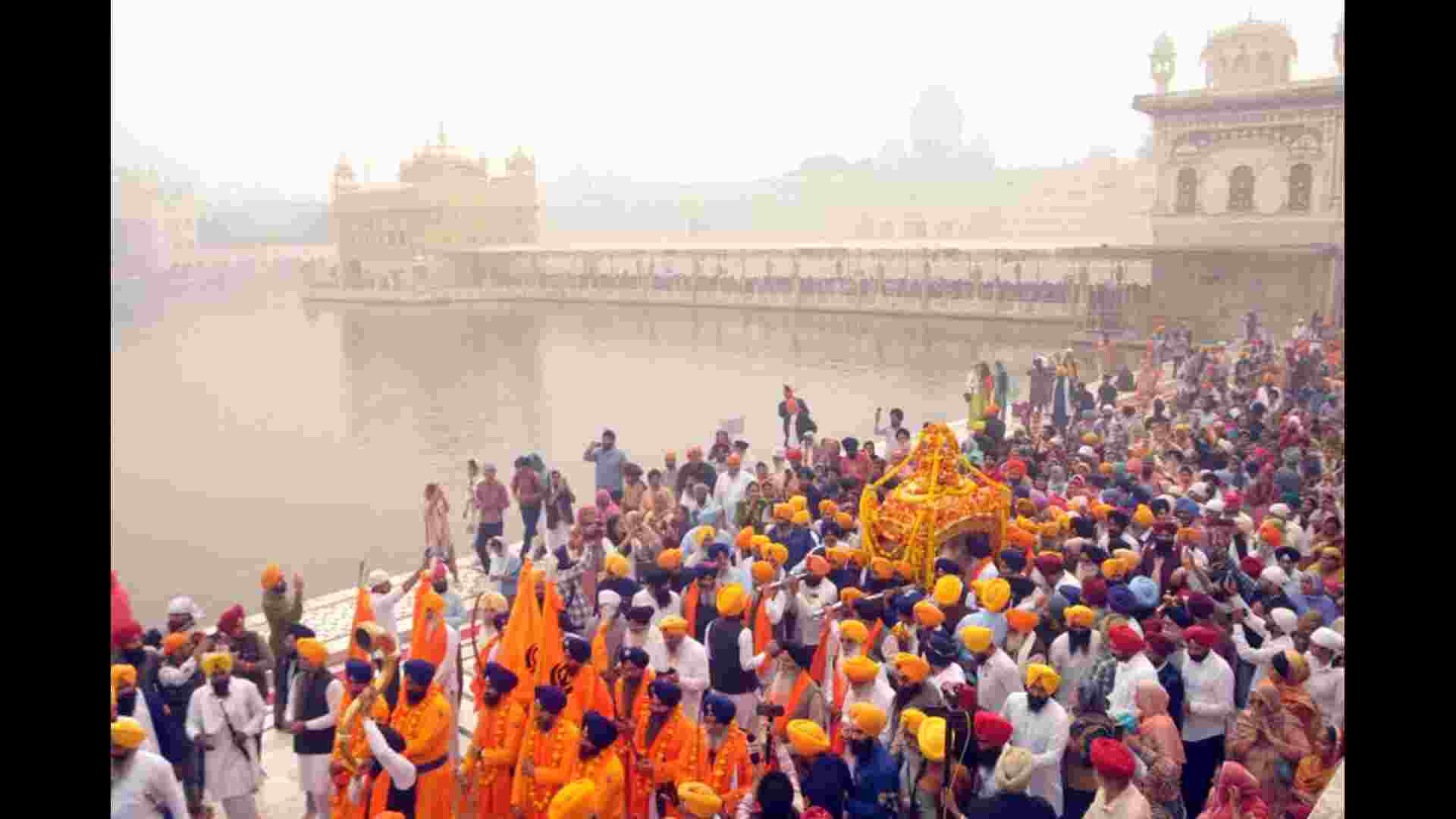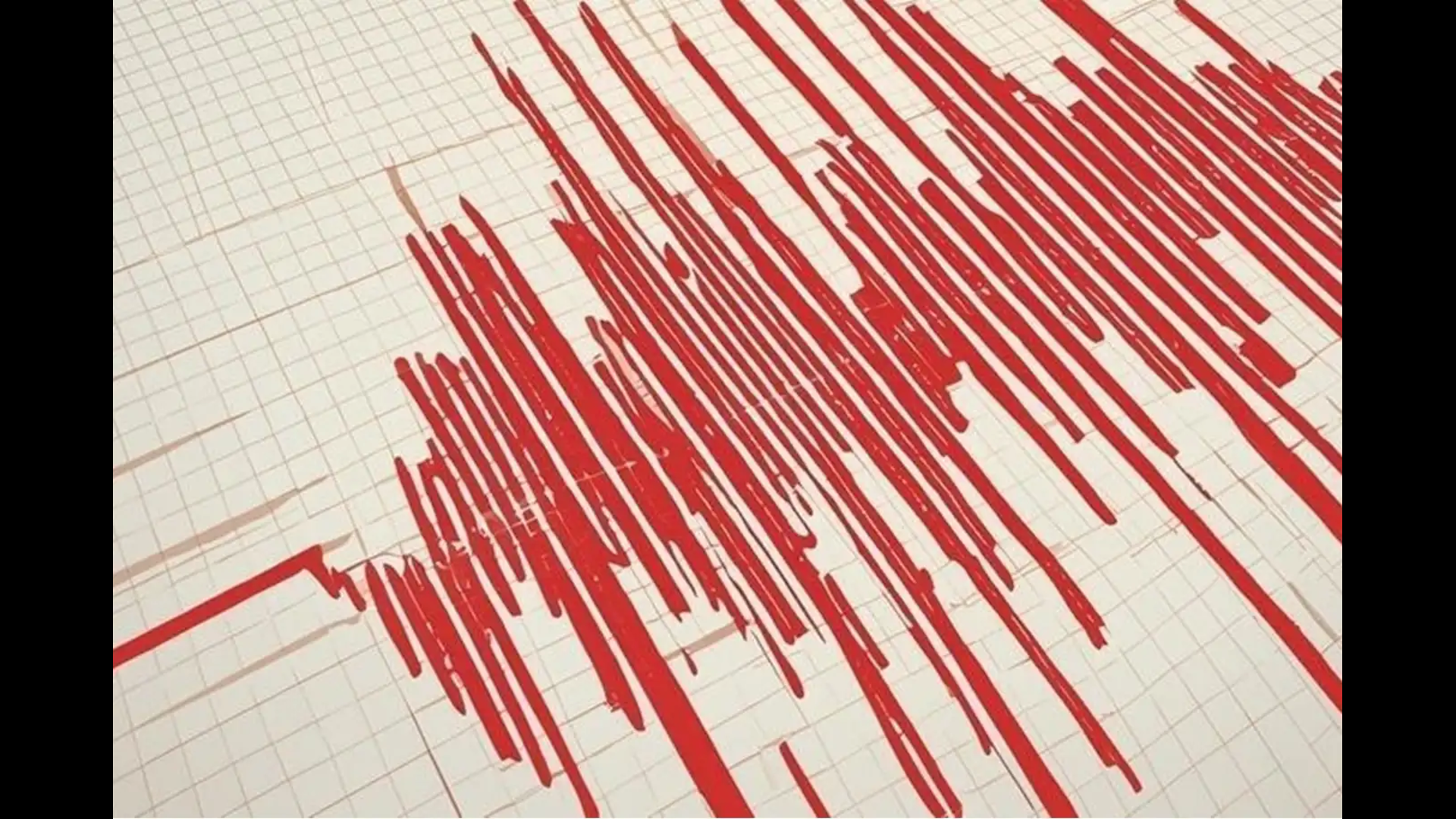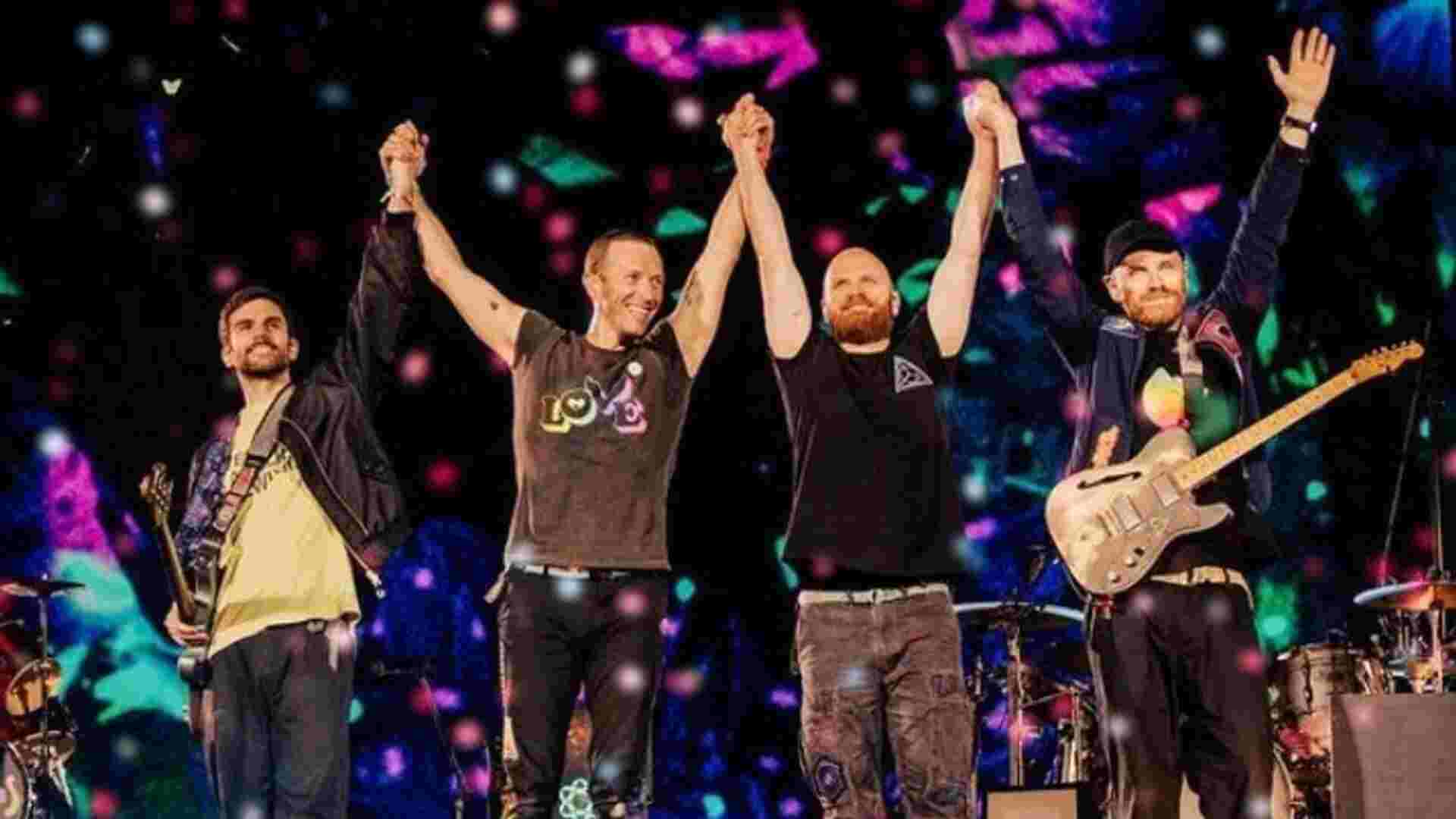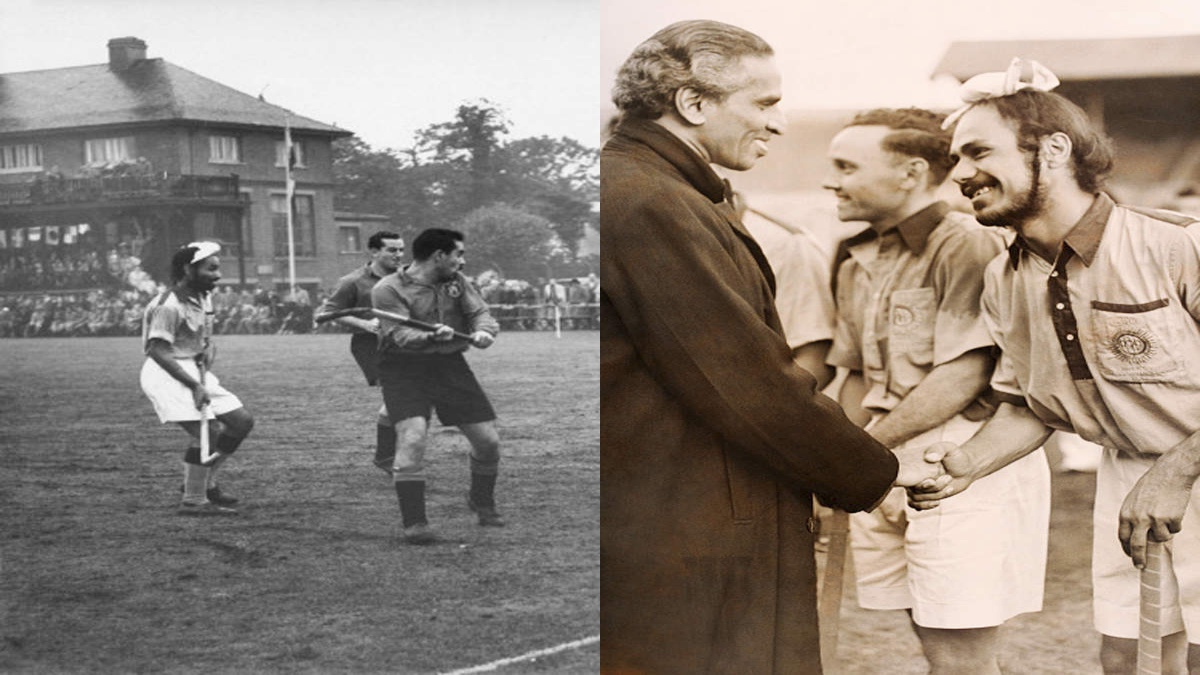
As the second Great War had engulfed the world, the two editions of the Olympics—1940 and 1948— were not held. And the awaiting Summer Olympics were held in London in 1948. It was the sixth edition of Field Hockey.
After the traumatic partition of India, two separate nations came into existence and it was the first Olympic appearance for the newly emerged countries— India and Pakistan. The idea of a joint team had found no takers, unfortunately.
Multitudes of Anglo-Indians left the nation after independence. Myriad waves of Muslims also migrated to Pakistan. And since India’s rich recruitment center was Punjab, the larger area and talent pool of this province went to Pakistan.
Naval Tata, president of the Indian Hockey Federation (IHF), worked overtime to select the players for the squad for the 1948 summer games, and in the final line-up, 8 players were from Bombay.
The Indian Hockey team for London in 1948, led by captain Kishan Lal was fresh and ambitious, representing the independent nation for the very first time. The Indian team started brightly. In the first game, they trounced Austria 8-0. Patrick Jensen scored 4 goals.
Argentina, similarly, faced humiliation by the margin of 9-1. Balbir Singh hit half a dozen goals. Spanish squad lost 2-0. But the Semi-final was tight.
Holland went down fighting before losing 2-1. Kunwar Digvijay Singh scored a vital goal against Holland.
The last two matches were very tight. One of the reasons was the absence of Balbir Singh Sr. Uproar for his inclusion followed, and Balbir was finally brought back for the gold medal match at Wembley.
The third-place playoff between Pakistan and Nederland had just finished, wherein the Dutch clinched a Bronze in the replay after a close tussle.
Great Britain and India met in the summit clash. Great Britain had never played against India, and they knew that their former colony had a better team. British wanted to avoid the humiliation. But this time, they could not avoid the clash.
The final ended as per the script. India defeated Britain 4-0 to win its 4th consecutive Gold. It was India’s first Olympic medal as an independent nation. Balbir Singh Sr. was the find of the tournament. The legend was a member of the Punjab Police. The center-forward scored both goals of the first half in the final. Pat Jansen and Trilochan Singh (penalty corner) shared the other two goals.
Later, Balbir Singh, Sr would win the next 2 Olympic Golds and was the manager of the 1975 World Cup-winning team. Kishan Lal of the Railways emerged as one of the finest outside-right after the Olympics. Leslie and K.D Singh became legends in their rights.
The Indian team went on a goodwill tour of France, Switzerland, and Czechoslovakia after the triumph. They returned by the ship. At Bombay, they were given red-carpet welcome, and the celebrations culminated in Delhi. President Dr. Rajendra Prasad and Prime Minister Pt Nehru attended them at the jam-packed National Stadium.

